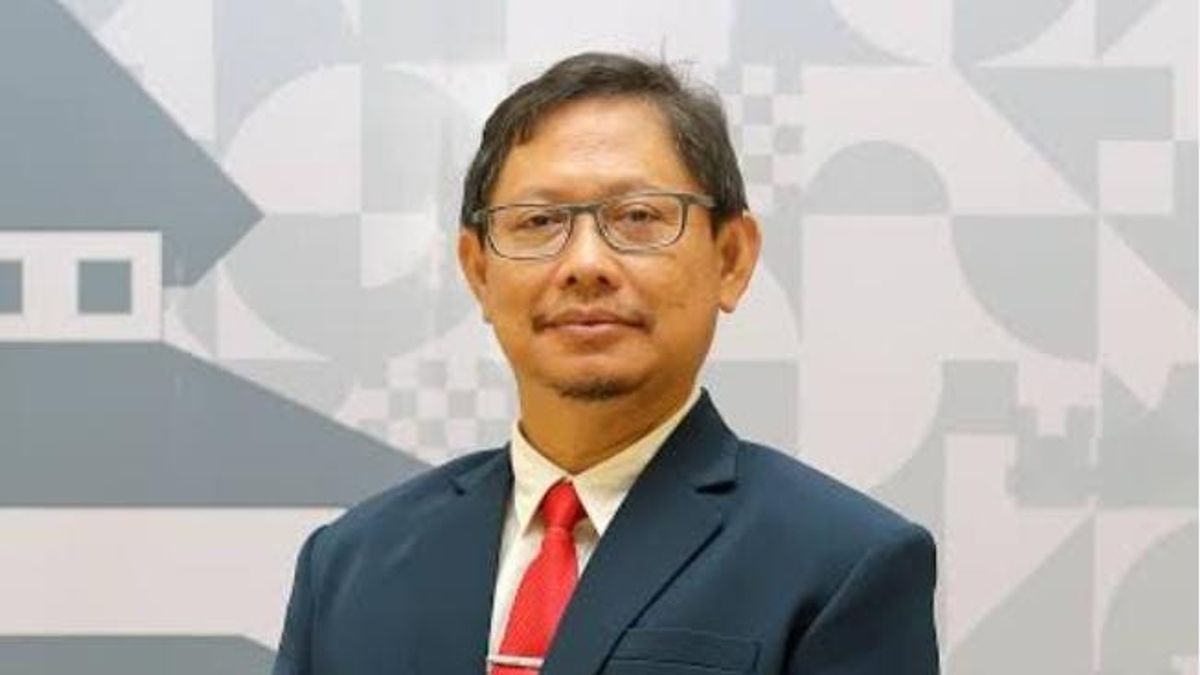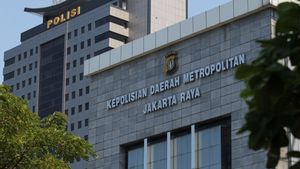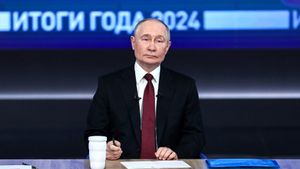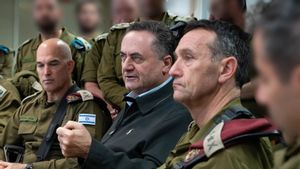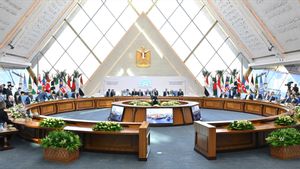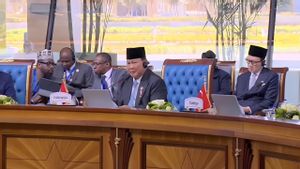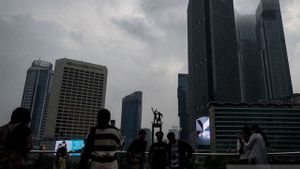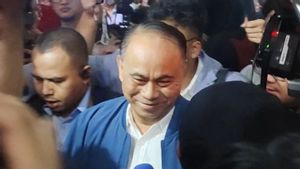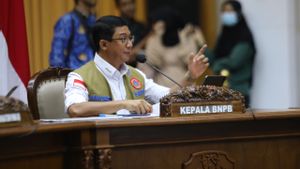SURABAYA - Professor of Public Policy at Universitas Brawijaya (UB), Prof. Andy Fefta Wijaya, assessed that the discourse on the use of the DPR's right to inquiry to the president to resolve the dispute over the results. election is an inappropriate step.
According to Andy, the use of the right of inquiry for this purpose is considered inappropriate and not in accordance with its constitutional functions.
Why? According to Andy, the right of inquiry is a mechanism that is constitutionally not designed to resolve election results or the issue of alleged election fraud.
"The right to inquiry is used in a political context related to alleged violations of the law by the president, not to resolve disputes over election results," said the Dean of the UB FIA.
Furthermore, he underlined that the settlement of alleged election fraud has its own channel, which is specifically handled by the Election Supervisory Agency (Bawaslu) and the Election Organizers Honorary Council (DKPP). Meanwhile, the legal settlement related to the dispute over the election results is within the jurisdiction of the Constitutional Court (MK).
"The disputed election results are resolved at the Constitutional Court, to determine whether there is a significant element of violation or not," said Andy.
Andy added that whatever results are obtained through the right of inquiry will not have an impact on the election results. This confirms that the right of inquiry mechanism cannot be considered as a solution in cases of dispute over election results or allegations of fraud.
The criticism delivered by Andy of the discourse on the right of inquiry carried out by one of the 2024 presidential candidates highlights the importance of an in-depth understanding of the functions and constitutional limitations of various legal and political mechanisms in the context of elections.
This indicates that the solution to alleged election fraud must go through a channel that has been determined by law, namely through Bawaslu, DKPP, and ultimately at the Constitutional Court.
Andy's statement adds an important perspective in public discussion on election integrity in Indonesia. This shows that in dealing with critical issues such as alleged election fraud, it is very important to prioritize approaches that are in accordance with the applicable legal framework, to ensure that every problem resolution is carried out in a fair and transparent manner.
SEE ALSO:
With elections that are one of the pillars of democracy, a clear understanding of its procedures and solution mechanisms is the main key in maintaining public trust in the democratic system.
Criticism and suggestions from experts such as Andy Fefta Wijaya provide valuable guidelines in navigating the complexity of law and politics related to elections, as well as reaffirming the importance of maintaining the integrity of democratic processes.
The English, Chinese, Japanese, Arabic, and French versions are automatically generated by the AI. So there may still be inaccuracies in translating, please always see Indonesian as our main language. (system supported by DigitalSiber.id)
